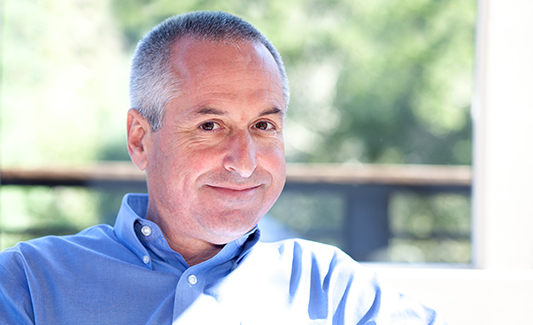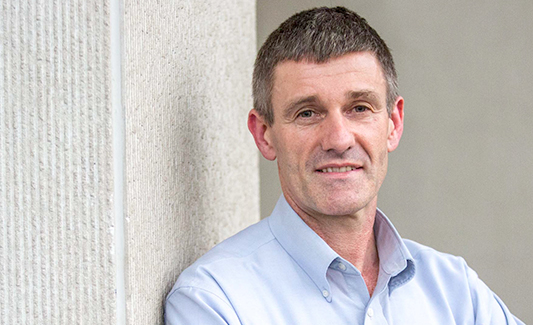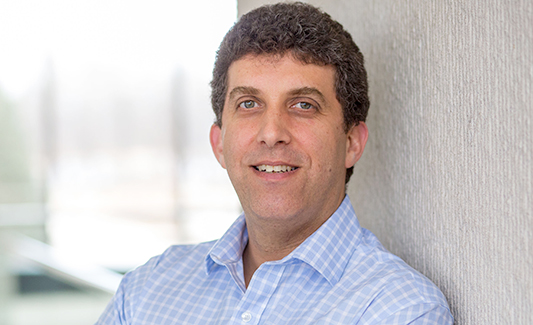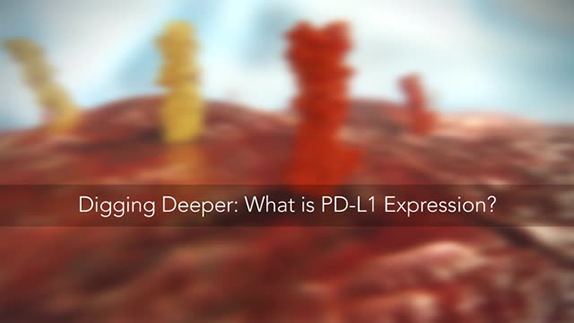
Nils Lonberg
Building on knowledge gleaned from more than 20 years of researching immunotherapies, Bristol Myers Squibb scientists are hunting for answers to that question at an accelerated pace. Powered by translational medicine, researchers are using cutting-edge technologies to define the complex and unique interactions between the tumor, tumor microenvironment, immune system and individual patient and uncover new insights that will inform the next generation of oncology therapies.
Hunting Promising Targets
The hunt starts by learning as much as possible about the biology of cancer and the human immune system. Nils Lonberg, senior vice president of Oncology Biology Discovery, says three biological mechanisms affect cancer’s ability to evade detection and grow out of control:






